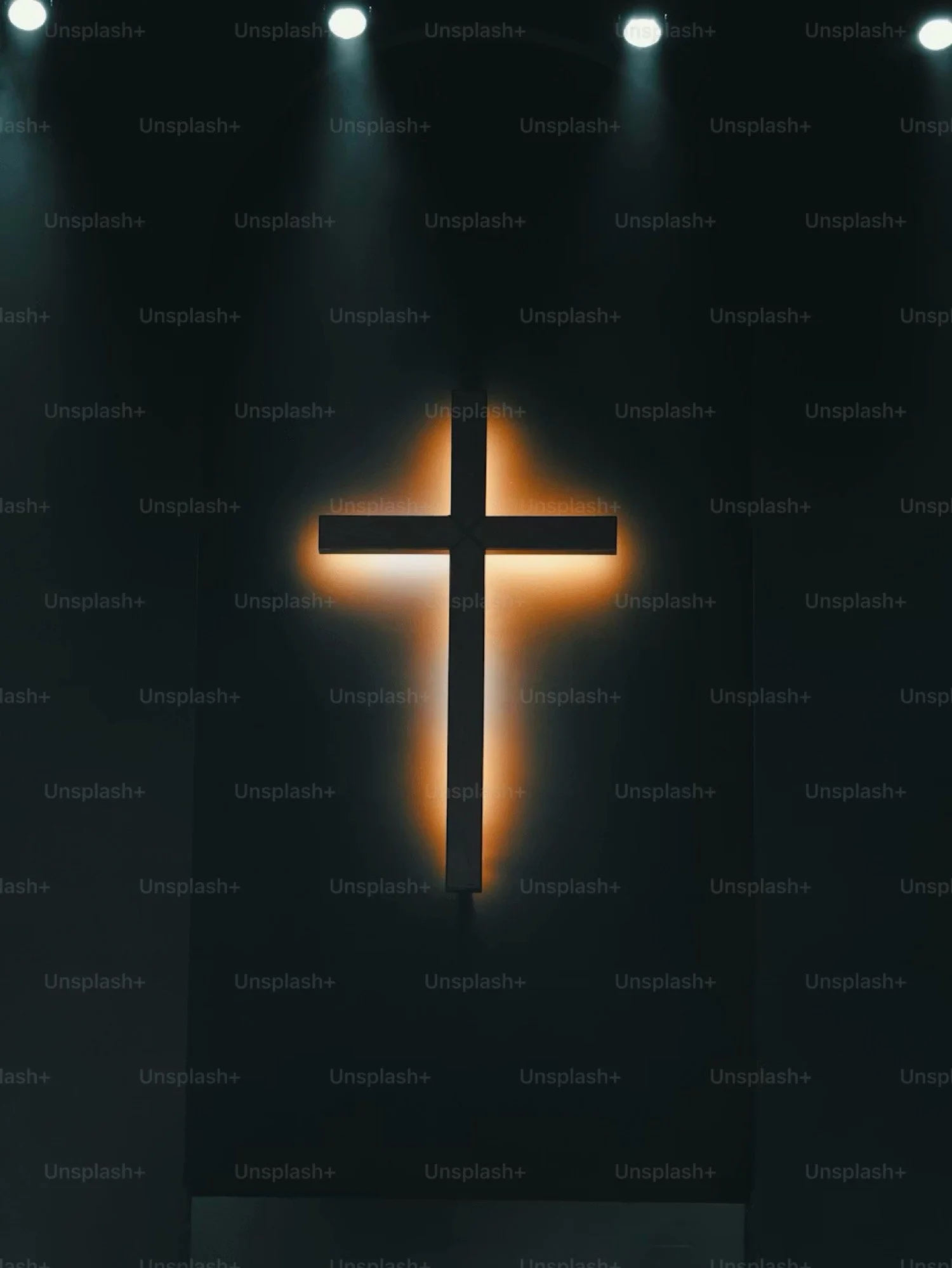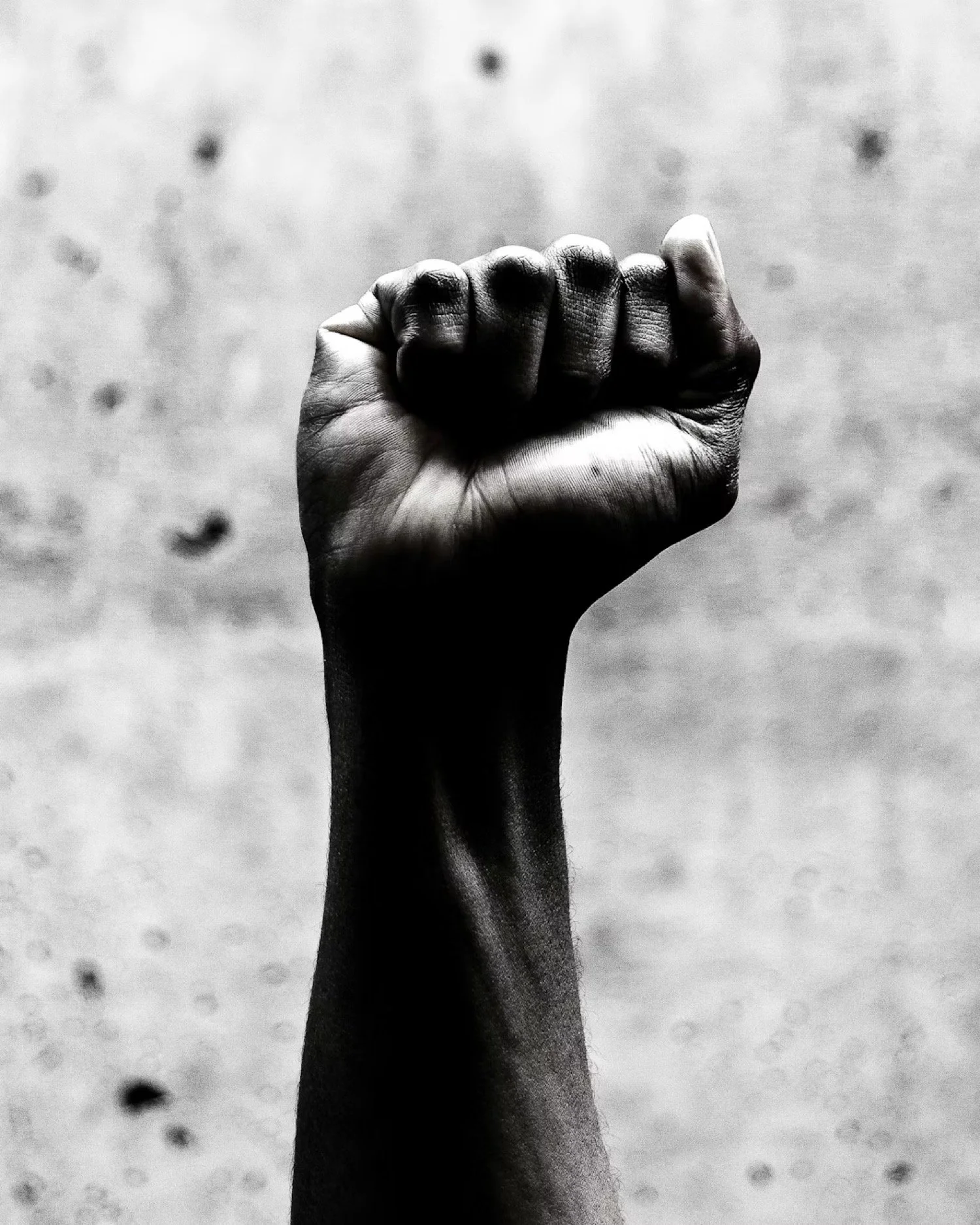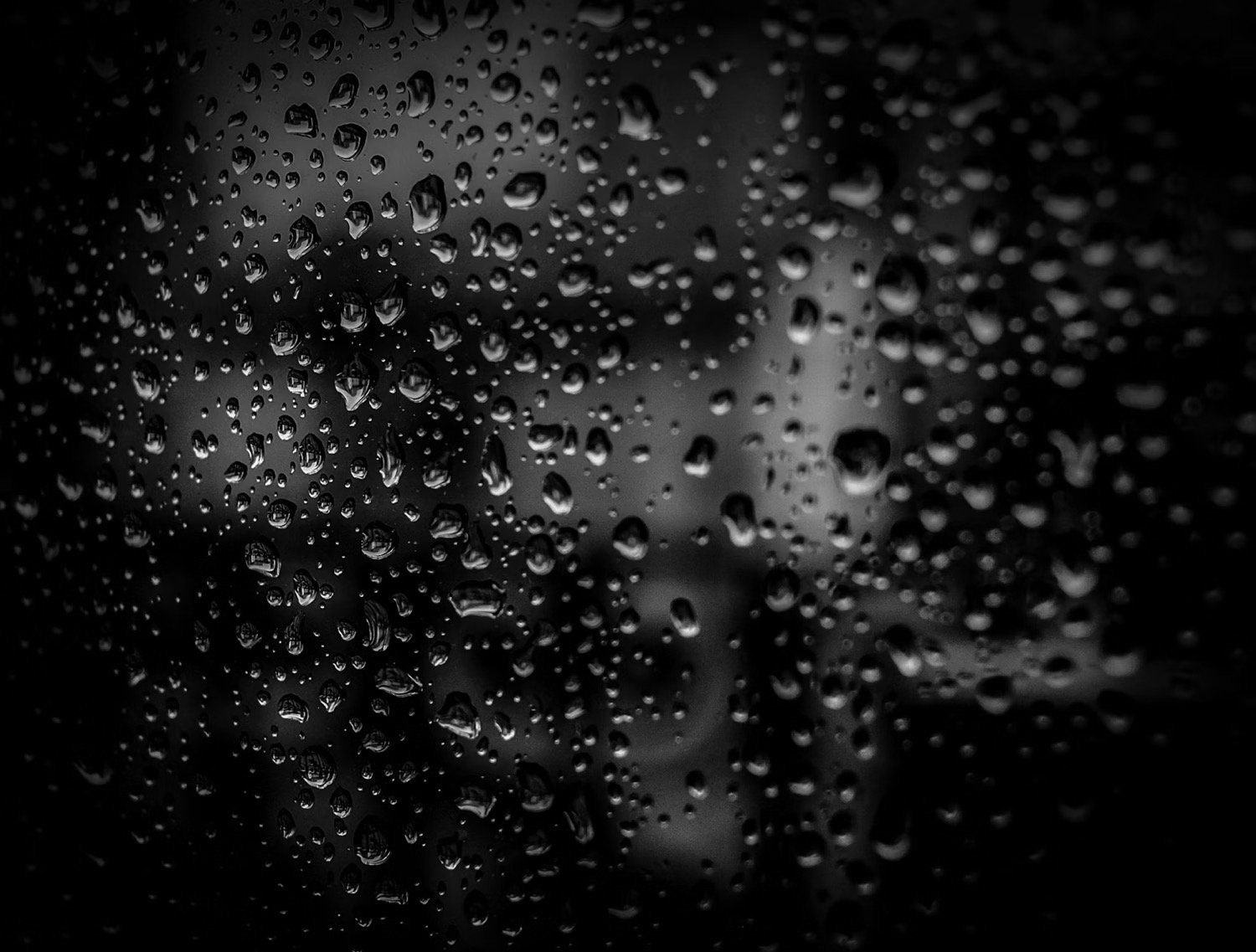Readings for today: Job 18-21
There is nothing worse than feeling like God Himself is against you. I remember experiencing the darkness of such despair in the summer/fall of 2009. I was living in Wisconsin. The church I was planting had completely collapsed. The board I was working for had turned against me. One of the members even threatened me physically. I had no friends locally. My marriage was on shaky ground. My children were wondering what was wrong. The future looked bleak at best. Everything I once held dear was taken away from me. I spent most nights pacing in my living room, wearing a path in the carpet, crying out to God. Some nights I wept. Some nights I shook my fist at Him in anger. Some nights I just sat staring into the flames of our fireplace. I was at a complete loss as to what to do or where to turn. I felt a lot like Job…
“If I cry out, ‘Violence!’ I receive no answer; I cry for help, but there is no justice. He has blocked my way so I cannot pass, and has set darkness over my paths. He has stripped me of my honor and has taken the crown off my head. He tears me down on every side until I perish; he uproots my hope like one uproots a tree. Thus his anger burns against me, and he considers me among his enemies. His troops advance together; they throw up a siege ramp against me, and they camp around my tent.” (Job 19:7-12 NET)
After several weeks of averaging around 3-4 hours of sleep a night, I finally broke down. I had nothing left. My strength was gone. I had run out of options. I was paralyzed by fear and anxiety over how I would provide for my family. All I could see was darkness. I remember sitting on the couch. No more tears left to cry. No more energy left to yell at God. No more words left to say. I just sat there in the darkness. In the silence. Terrified and all alone. And that’s when I heard God say, “Are you finally ready to surrender?” My only answer was “yes.” God had stripped my life down to the studs. He had crucified my ego and pride. He surrounded me and hemmed me in and increased the pressure on me until I finally broke. It was painful on so many levels and yet it was exactly what I needed. I discovered what Job discovered in the ashes and dust of his own life. God is all I need. God is more than enough. God is faithful. He will never leave me or forsake me.
I think that’s why, in the midst of his tremendous suffering, Job still clings to faith. “O that my words were written down, O that they were written on a scroll, that with an iron chisel and with lead they were engraved in a rock forever! As for me, I know that my Redeemer lives, and that as the last he will stand upon the earth. And after my skin has been destroyed, yet in my flesh I will see God.” (Job 19:23-26 NET) Job lost everything, including his physical health, and still he believes. Still he trusts that he will see God. Still he knows his Redeemer lives. Do you?
Readings for tomorrow: Job 22-24




